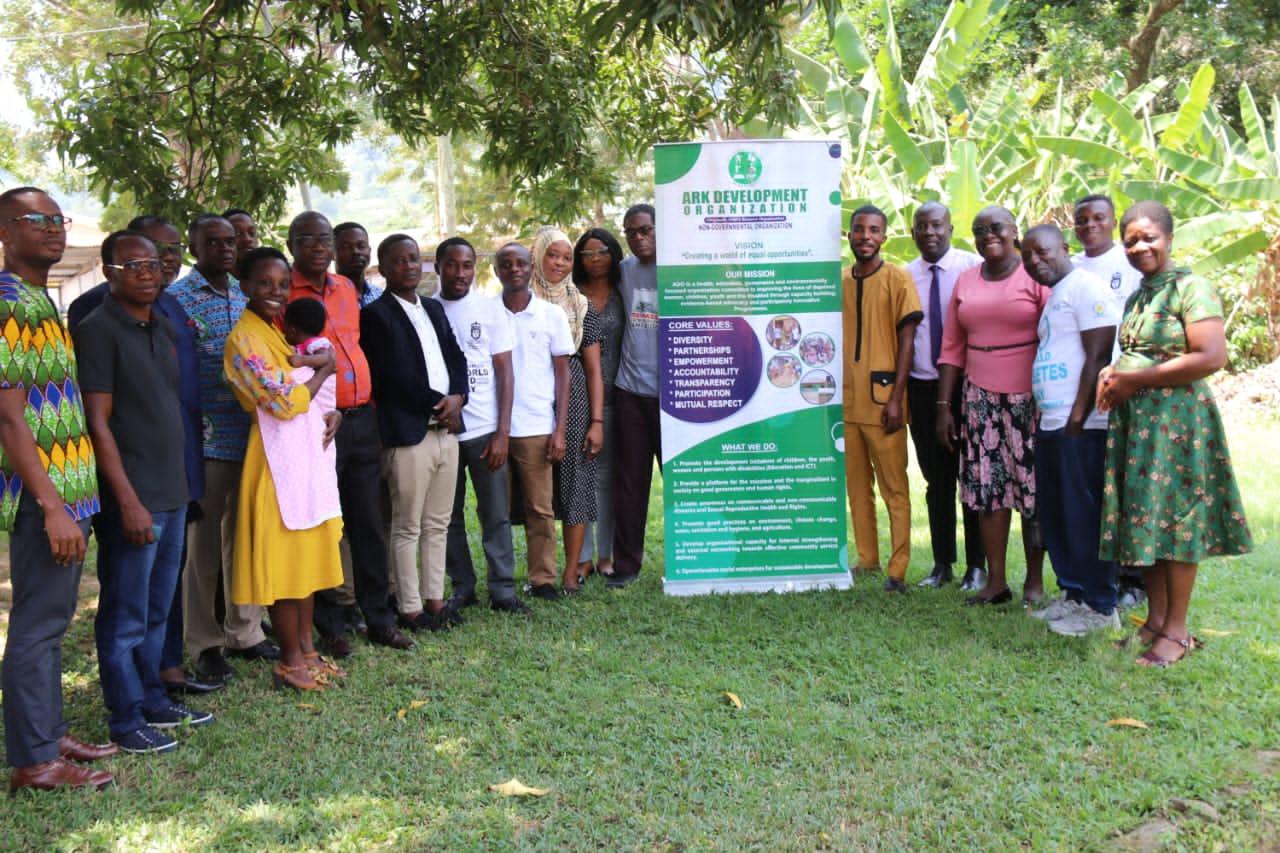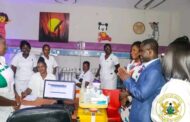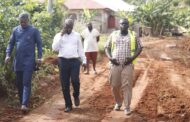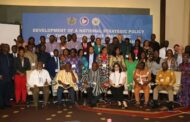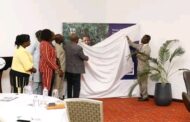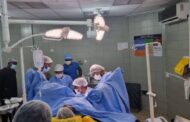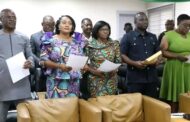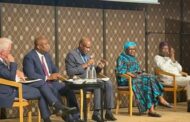More than 1,380 suspected cases of skin Neglected Tropical Diseases (NTDs) have been identified in four districts of the Eastern Region through the “Partnership for the Eradication of Skin NTDs Project.” However, the absence of a dermatologist at the Eastern Regional Hospital is a major obstacle in providing effective treatment, stakeholders have revealed.
The two-year initiative, led by the Ark Development Organization in partnership with the Anesvad Foundation, focuses on tackling diseases like Buruli Ulcer, Leprosy, Yaws, and Lymphatic Filariasis in Upper Manya Krobo, Suhum, Fanteakwa North, and West Akim municipalities.
Emmanuel Kwarfo Mintah, Executive Director of Ark Development Organization, stressed the need for specialized care to combat these diseases, noting that the lack of dermatologists hinders case detection and treatment.
“Specialist dermatologists are crucial in detecting Buruli Ulcer cases, but it’s difficult to find them. We urge the government to train more dermatologists to support the fight against Skin NTDs,” Mintah said.
Despite Ghana’s population of over 32 million, fewer than 40 certified dermatologists serve the country, mostly in Accra and Kumasi. The Eastern Region, with a population nearing 3 million, remains without a dermatologist, leaving rural areas particularly underserved.
Esther Duah Oyinka, Health Director of Upper Manya Krobo District, added that healthcare professionals, including doctors and nurses, often refuse postings to deprived areas like her district.
“It’s not just dermatologists. Doctors and nurses are posted here, but they often leave for urban centers due to the lack of social amenities. Even nurses come to my office, crying to be reposted,” she lamented.
Skin diseases, according to the World Health Organization (WHO), affect 1.8 billion people globally, with skin NTDs accounting for 10% of cases in some communities. Stakeholders have called for a community-centered approach to address these diseases and achieve WHO’s 2030 goals for eradicating yaws and eliminating leprosy.
As part of the project, nurses, family members, and volunteers have been trained to provide medical care, including wound dressing for patients who often face stigma and are isolated in their communities. Economic support and access to clean water have also been provided to affected individuals.
“Two of the four mechanized boreholes have been completed, increasing access to potable water and reducing waterborne diseases,” said David Kwaning, the project officer.
Christian Fiador, the Eastern Regional NTDs Coordinator, commended the project for identifying and managing cases, as well as improving the quality of life for affected communities.
Source:Mybrytfmonline.com/Obed Ansah



